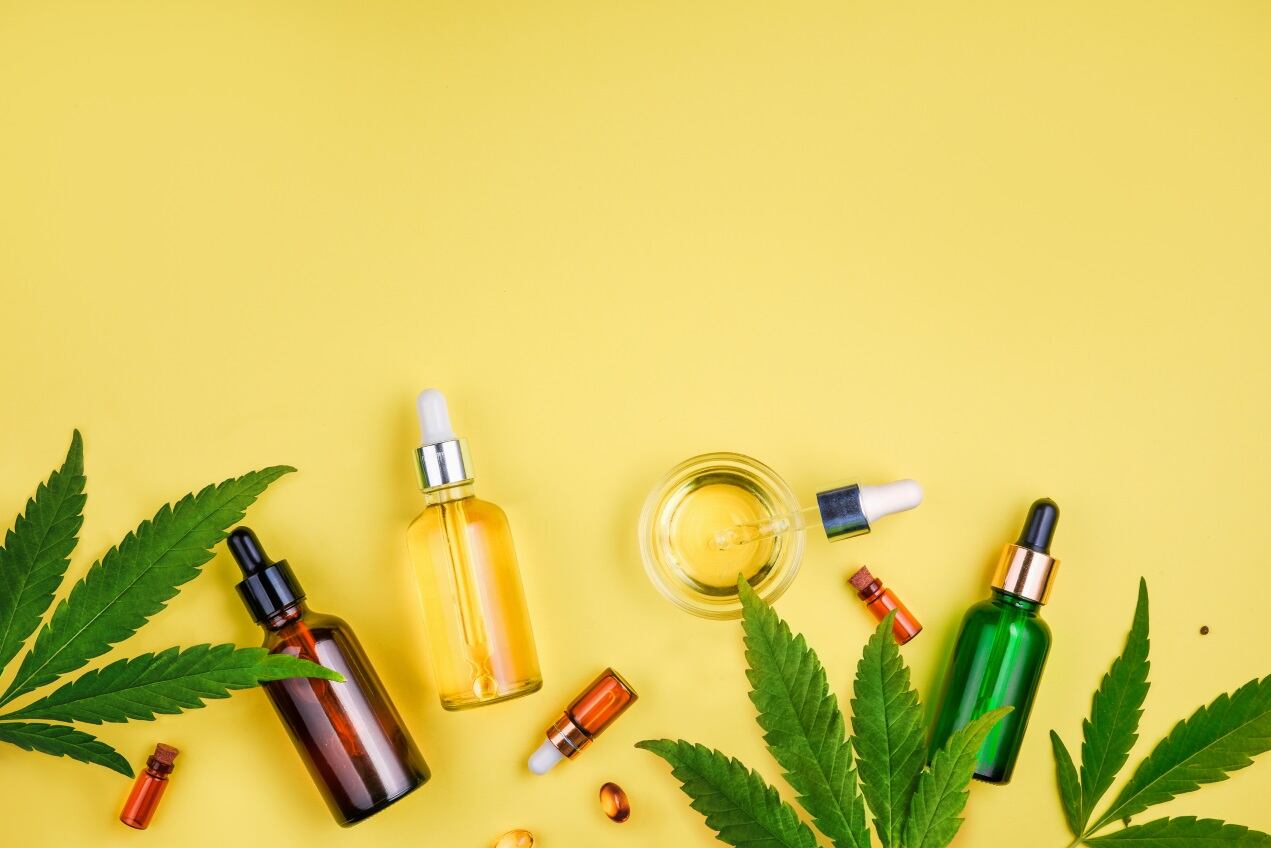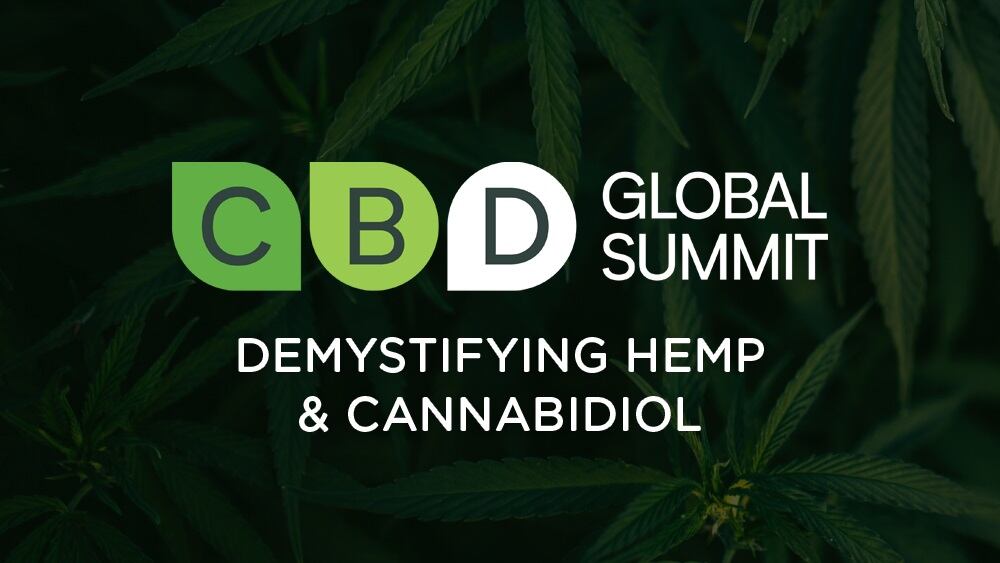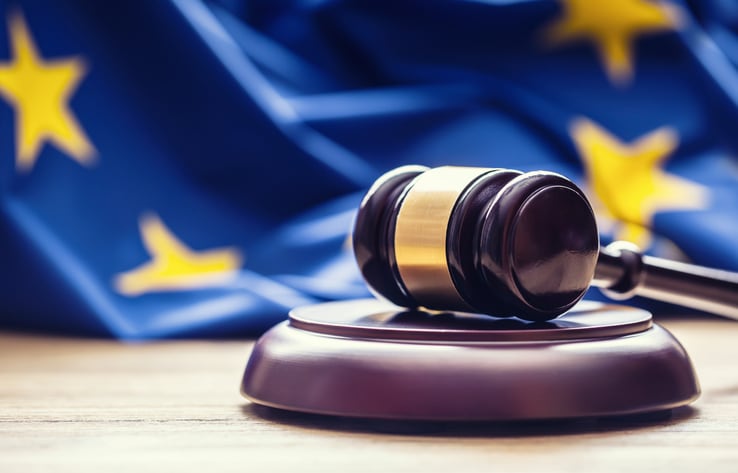In January 2019, the European Commission added extracts of cannabis sativa L – including cannabidiol (CBD) - to the Novel Food Catalogue. The change meant that CBD products require pre-market authorisation from the European Food Standards Agency (EFSA), which is dependent on the completion of a full scientific dossier demonstrating safety.
EFSA is yet to approve any CBD supplier, although a Novel Food application has been lodged by Cannabis Pharma and other manufacturers, including TTS Pharma in the UK, are preparing their own documentation.
“TTS Pharma is in the process of obtaining the required licenses and pre-marketing authorisations to ensure its CBD product development is legally compliant at every stage,” TTS Pharma CEO Mark Tucker told FoodNavigator.
“Despite having the ability, and holding stock, we are not making our CBN/THC free CBD oils available to the market until and unless a relevant competent authority (FSA) provides TTS Pharma with written consent to do so whilst our dossier is being prepared for review.”
The situation begs the question: How are so many CBD products hitting the shelves in the UK and across Europe?
Regulation? What regulation?
The Novel Food Catalogue is not legally binding. However, it is used as a reference by many national authorities. Including CBD in the Novel Food Catalogue may therefore mean that Member States refuse to permit the sale of foods and food supplements containing cannabinoids, pending EFSA approval.
Just last month, Germany’s federal government confirmed that products containing CBD are not authorised. As Luca Bucchini, managing director of food regulation specialists Hylobates Consulting, told us at the time, the ruling was ‘not surprising in itself’ but was interesting because it suggested some national authorities are taking a tougher stance on CBD.
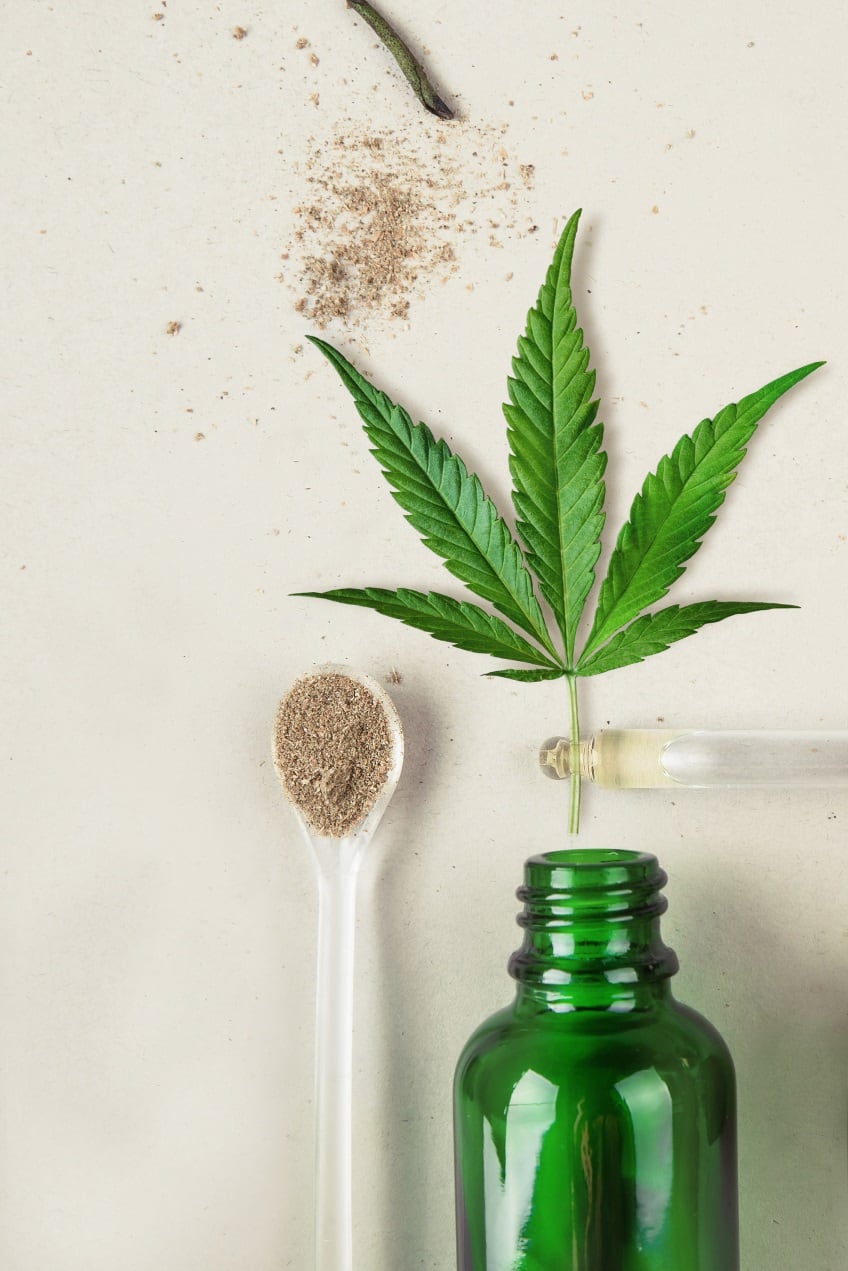
“Many are convinced that the EU is - or is heading - in the same direction as the US, where CBD products are not compliant with some provisions of US law (while compliant with others), but where enforcement is not exercised.
“Perhaps the same situation is occurring only in the UK - creating the wrong impression. It will take regulatory action to legitimise CBD products in the EU.”
The UK has seen a boom in product launches containing CBD, from snack bars to drinks and confectionery. To date, the FSA has taken little action to enforce the Novel Food rules and remove products from the market.
However, this weekend the regulator publicly confirmed that CBD does indeed fall under the EU regulations and is therefore in need of pre-market authorisation.
“CBD extracts are considered Novel Foods under food law and we expect companies to comply with the Novel Foods process, which includes submitting safety information about their products. Our aim is to protect consumer health and we will continue to monitor the food safety aspects of CBD,” a spokesperson for the FSA said.
Noting that the UK government is currently in a pre-election period, the spokesperson declined to comment further and added the agency is restricted to referring to factual or already published information only.
A source close to the situation noted the FSA’s statement does not mark a change of policy – which has seen the food safety watchdog monitor the safety aspects of CBD while considering the best way to ensure CBD foods on the market move toward compliance. An update is expected when these assessments are complete.
In contrast, the US Food and Drug Administration (FDA) has significantly ramped up health warnings about the potential hazards of CBD in recent weeks. The US agency listed - among other things - potential liver damage, changes in alertness, gastrointestinal problems and mood swings as potential side effects. However, FoodNavigator understands UK regulators see little evidence to suggest significant safety concerns over CBD – and any such evidence would lead to the swift removal of products from sale.
‘It’s a disproportionate approach’
What does this mean for consumers who want to take advantage of the health benefits linked to CBD? And where does it leave the brands that want to capitalise on this opportunity?
According to Robert Verkerk, founder and scientific director of the Alliance for Natural Health International, regulation is failing to keep pace with the interests of businesses and consumers. Verkerk told us that CBD has been arbitrarily singled out in the application of Novel Food rules.
“It’s important to hammer home the disproportionate use of the Article 3.2(a)(vii) of the Novel Food Regulation (2015/2283) which states that novel foods should be so classified where new production processes are used that cause ‘significant changes in the composition or structure of a food, affecting its nutritional value’. This happens all the time with new production processes – such as the use of high temperature extrusion for savoury snacks. But because savoury snacks are not viewed as contentious, they get left alone.
"CBD, on the other hand, directly competes with the drug market so is viewed as contentious, and EU novel food law is used as an instrument simply to impede trade and restrict consumer choice. Genuine concern for citizens’ wellbeing doesn’t appear to be high on the list of regulators’ concerns here,” he argued.
Regulation and implementation challenges raise quality concerns
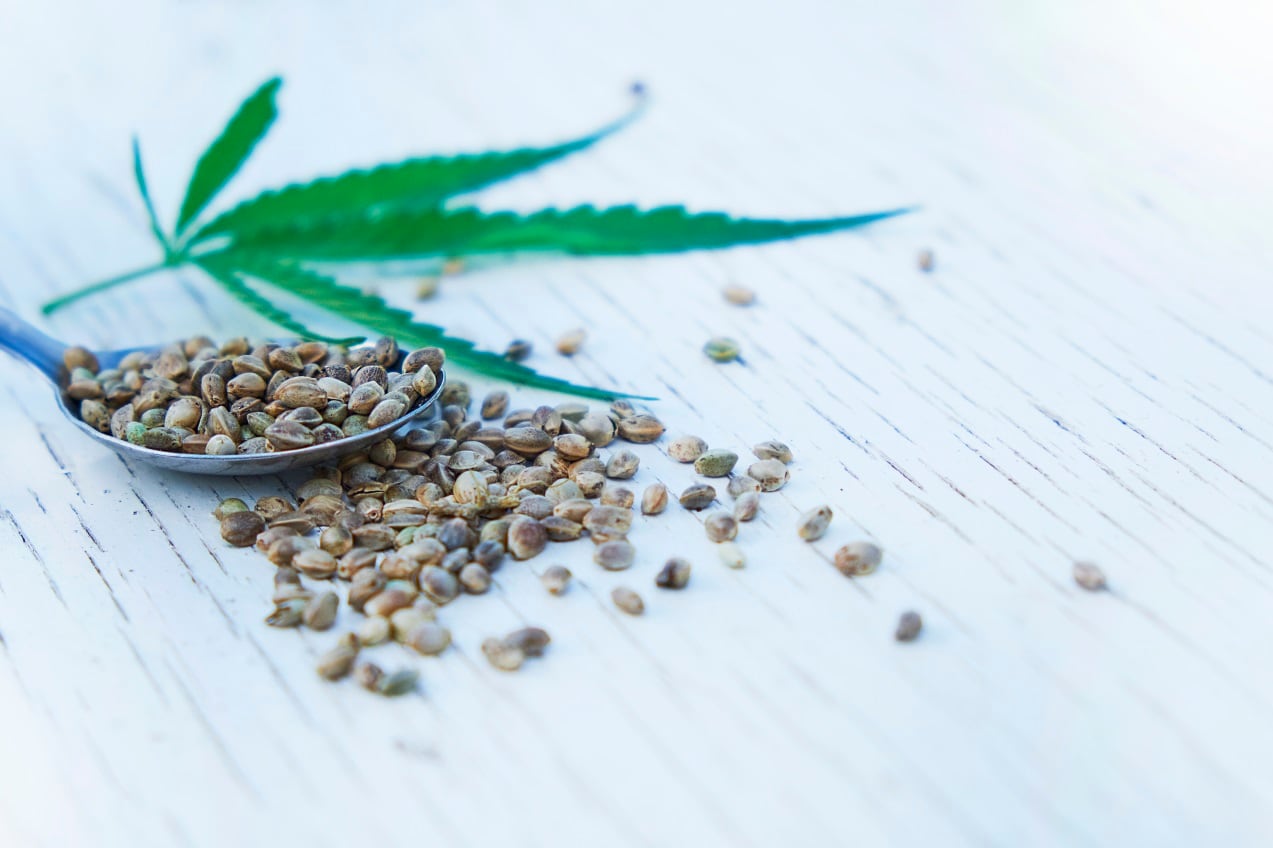
Indeed, a blanket ban on CBD – which is then not uniformly enforced – can have unintended consequences for consumer safety.
“There are some genuine concerns about poor quality manufacturing standards and labelling by a small proportion of actors. However, regulation should be used to target these – not the high-quality manufacturers and suppliers,” Verkerk said.
Driving the point home, recent research commissioned by TTS Pharma looked at the composition of 31 CBD products currently available on the UK high street. Test results showed instances of Tetrahydrocannabinol (THC) levels – the principal psychoactive constituent of cannabis – above the legal limit. Meanwhile, less than half the products tested were within 10% of their stated level of CBD.
The importance of dosage should not be understated. “Like any food or ingredient, there is a potential for misuse or abuse. It interacts with our inbuilt endocannabinoid system and so it’s not a question of the more, the better. In fact, managing doses carefully, as with any food supplement, is key to its safe and effective use," Verkerk stressed.
TTS Pharma's chief executive believes the research should act as a wake-up call for regulators and manufacturers.
“Given that these highly popular products on the UK market were tested and shown to contain a number of potentially dangerous contaminants, it is likely that a large number of people in the UK have ingested those illegal and/or dangerous substances. This should be on the radar of regulators and Government and we hope that this research is enough to accelerate a full-scale assessment using independent and accredited laboratories."
The business-to-business supplier hopes to leverage the quality and provenance of its CBD ingredients as a point of difference, when it is legally able to bring product to market. Tucker said TTS's strategy is to help 'clean up' what is 'undoubtably an unrestrained market'.
Food remains a ‘clear opportunity’
For all the hurdles, Tucker maintained that food represents a ‘clear opportunity’ for CBD manufacturers.
“Many large and well-known companies are investigating the inclusion of CBD in existing or new products, however most of the products currently available are from smaller organisations. This is likely to be due to the lack of clarity in current regulations, with the larger organisations more inclined to wait for the required authorisation,” he observed.
So what, if any, legal path can CBD brands take to get to market?
For Verkerk, a dual approach makes most sense: “I think a belt and braces approach which continues to try, on one hand, to challenge the Novel Food categorisation at EU level, while also, on the other hand, trying, probably via a consortium of quality manufacturers, to seek authorisation as a novel food, is the best way to protect the long-term future of CBD.
“Simultaneously trying get the EU to raise tolerance of THC to 0.3% in line with other parts of the world is also key, so as to not disadvantage UK and other European hemp growers.”

